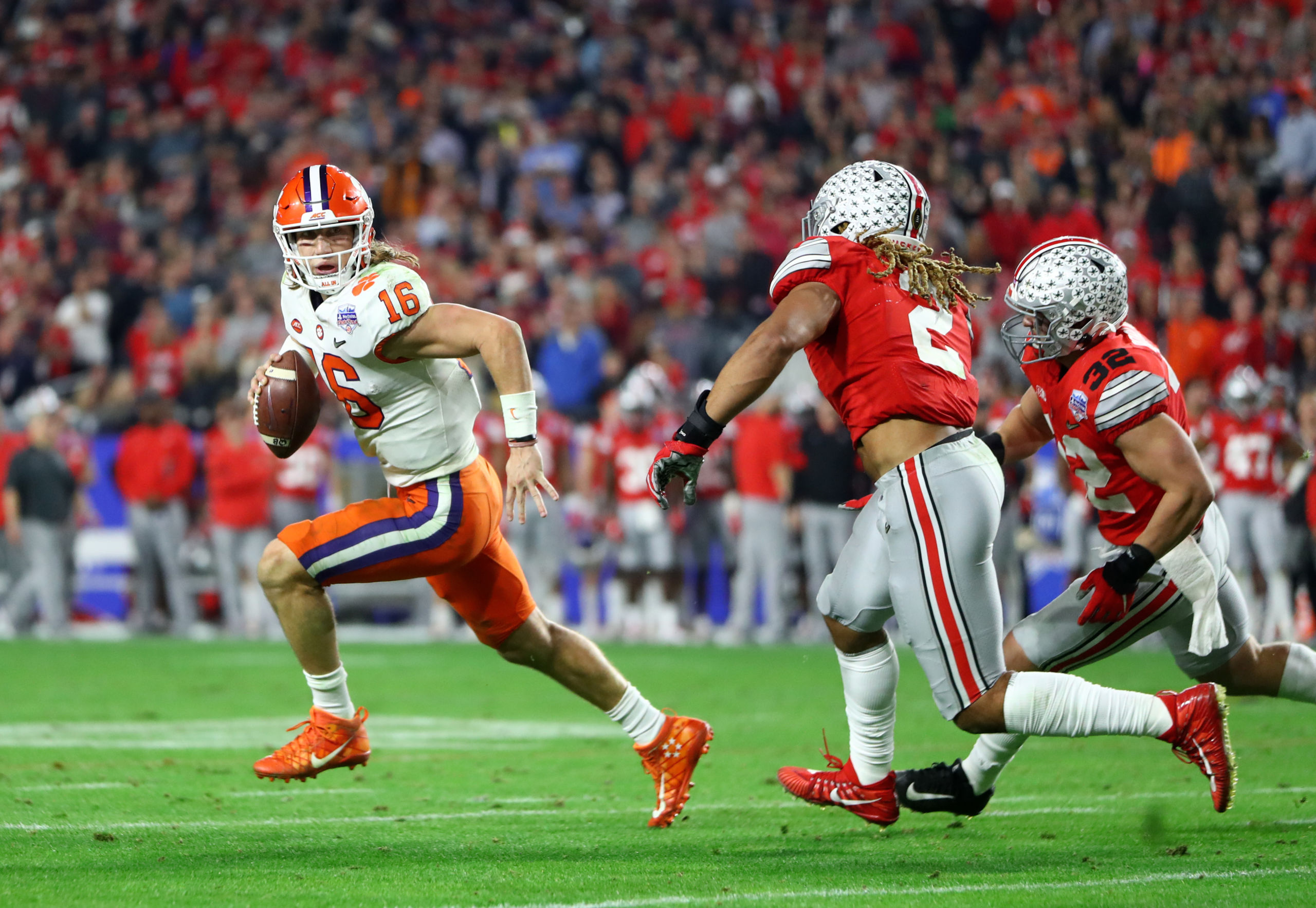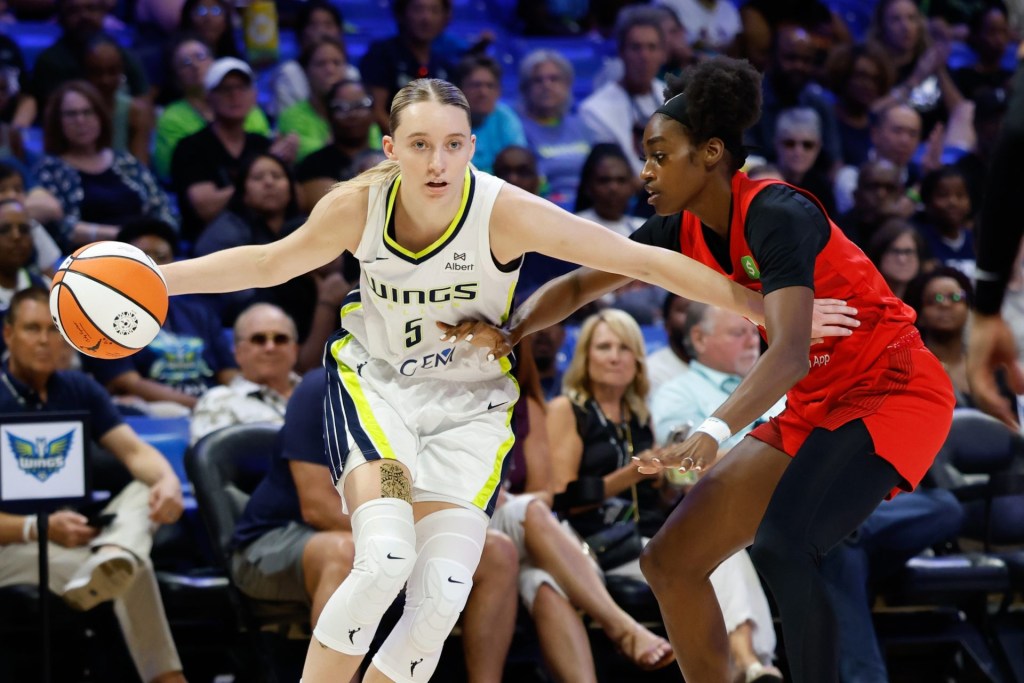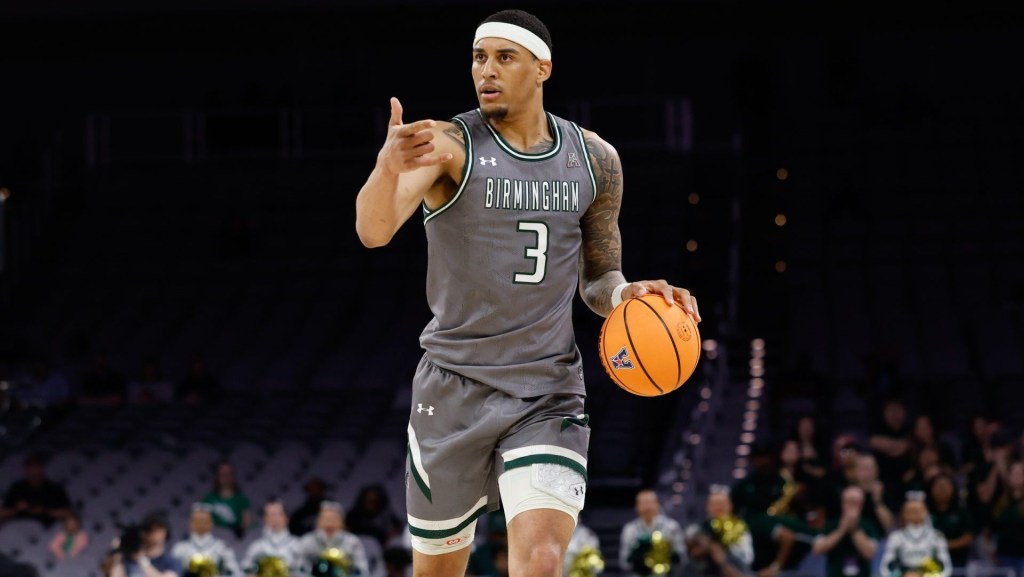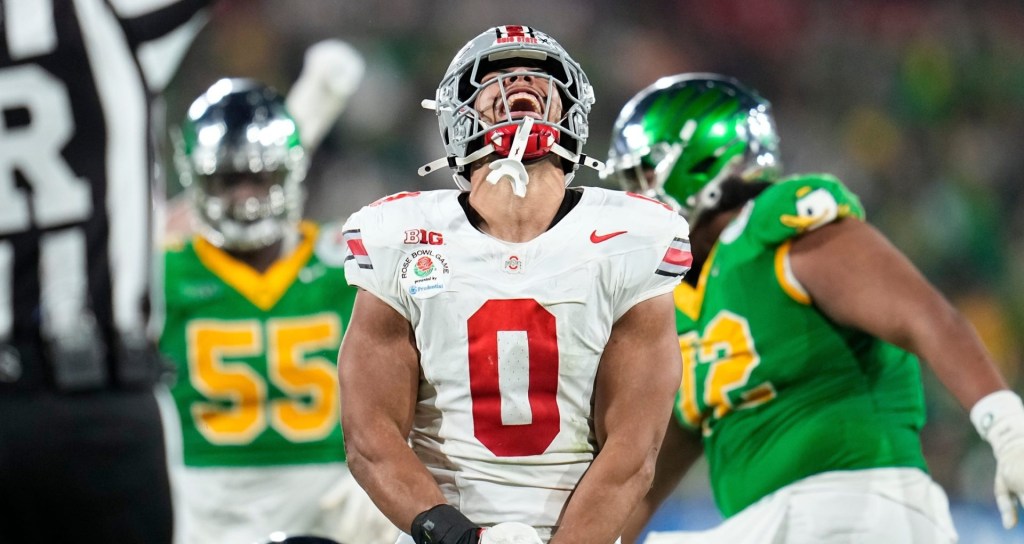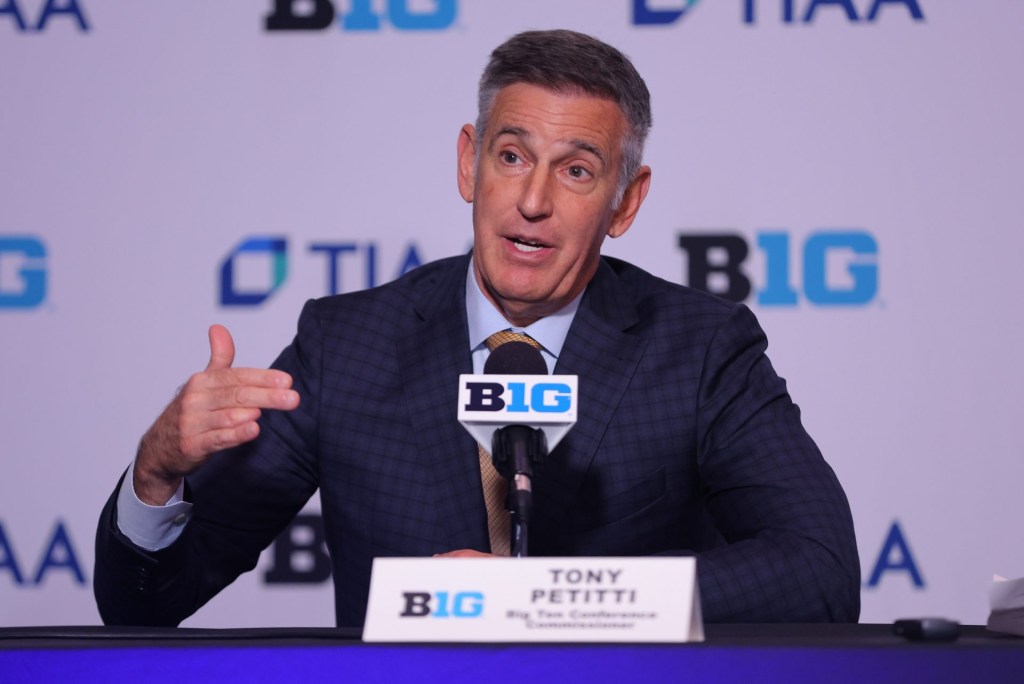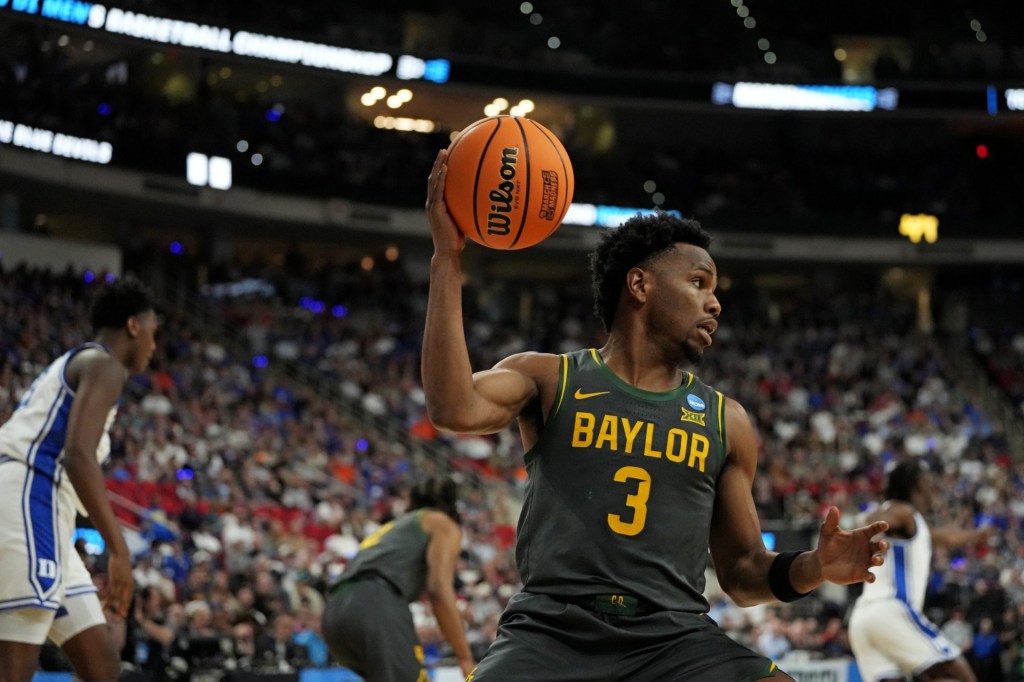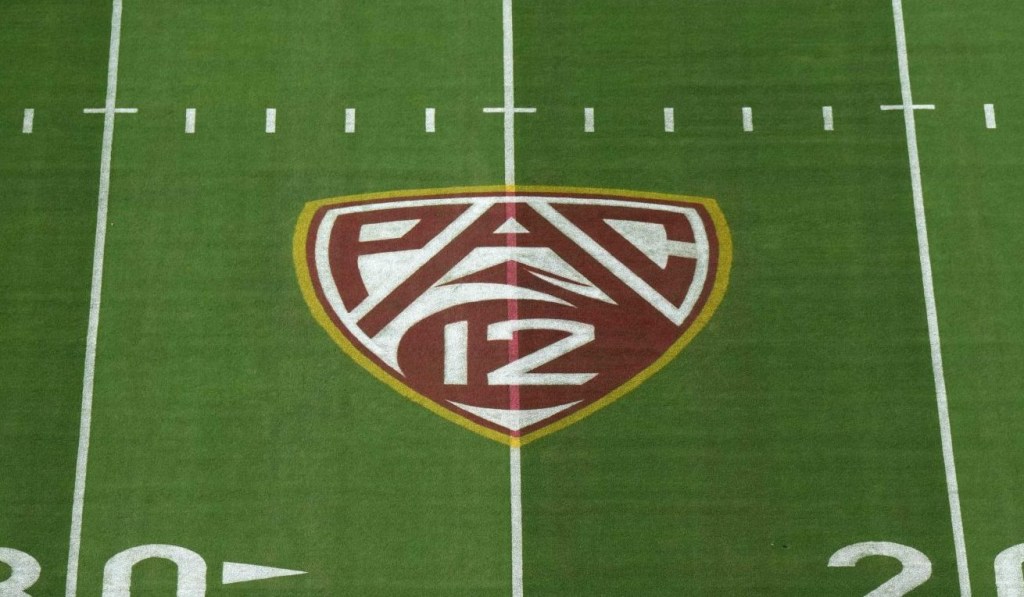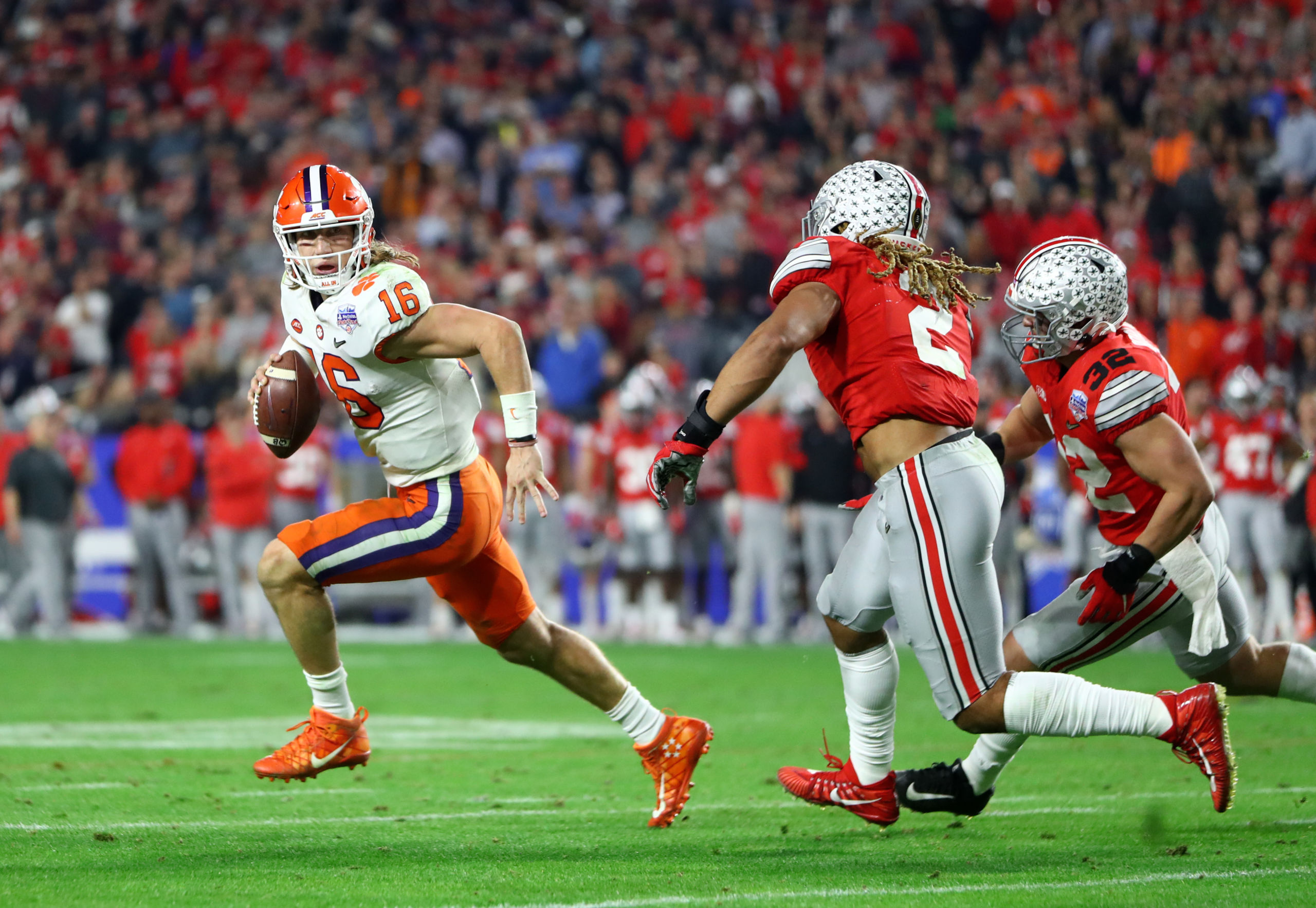
College athletic directors have a host of common concerns to juggle in the face of current uncertainties – but are agreed student-athlete welfare remains the top priority for athletic departments nationwide.
But while all departments across the FBS landscape are also concerned about their financial futures, different perspectives between smaller and larger schools are clear.
In a survey on the “State of Athletics in the Face of Coronavirus,” the LEAD1 Association, which represents the athletics directors of the 130 member schools of the FBS, and Teamworks, an athlete engagement platform for collegiate and professional organizations, more than 100 athletic directors voiced anonymous apprehension about the financial state of the college sports space both at the end of the current fiscal year and into 2020-21.
While academics and the health, safety, support, and continued academic success of their student-athletes were the most prominent immediate concerns among respondents, finances came next.
Financial uncertainty is high, especially in the long-term. The upcoming fall football season is the critical variable still at play, given its tremendous impact on revenue.
Only 8% of athletic directors said they project a decrease in revenue of more than 30% for 2019-20, with one AD noting that “very few of us make a profit on spring sports. We generate revenue, but not a profit.” However, 35% are preparing for a significant drop in 2020-21 when considering larger revenue sources outside of NCAA distributions, including donations, ticket sales, student fees, and more.
One AD said that no football, the “true worst case,” would cost “much more than 30%.”
Uncertainties about fall scheduling aside, 75% of athletic directors saw donations as the most at-risk stream for the 2020-21 fiscal year, with ticket sales and revenue from in-person events coming in a close second at 74%. Fifty-six percent said they are most concerned about conference distributions, while 51% are worried about reduced NCAA distributions in 2020-21 as well.
Sponsorships and student fees were additional areas of financial uncertainty – but not among all groups.
Despite shared concerns about their student-athletes and overall financial futures, Power Five and Group of Five ADs differed most in their responses as to which revenue streams were most at-risk for 2020-21.
READ MORE: Spring Sport Athletes Face Complicated Decisions as NCAA Extends Eligibility
The Power Five ADs showed greater concern about a loss of revenue from events and conference distributions – which include massive payouts from conference television deals, among other things. The Group of Five schools, who bring in significantly less revenue annually and rely more heavily on student fees and NCAA distributions, are concerned about dips in those areas.
With 67% of respondents anticipating a decrease in on-campus enrollment, a hit to student fees seems likely for most institutions, although it will be felt more deeply by some than others.
“Group of Five schools are struggling,” Tom McMillen, president and CEO of the LEAD1 Association, said. “50% of their revenues come from student fees and university distributions – both which will be under attack. On top of that, their donation base – many of them get 15-20% of their revenues from donations. And now you’re having NCAA and conference distributions being limited.”
“It becomes a question of can college sports stay together, can the FBS stay together as 130 schools strong when you have such varied economics?” he said.
While the economic outlook varies tremendously, another common thread emerged: all are looking for ways to increase fiscal responsibility and trim any financial fat.
Sixty-seven percent of ADs agreed that collegiate athletics should find a way to collectively contain costs and limit current compensation, if legally possible. Fifty-six percent also believed limiting severance payments was important.
Recent studies have shown that about $491 million has been paid out in severance in the NCAA space in the last 15 years, including $225 million over the last three years to about 46 coaches.
“I think people are trying to figure it out because it’s in excess of the pros – the NFL and NBA, they don’t have these kinds of payments – and its these resources that are going to people that aren’t even coaching,” McMillen said. “I think there’s cognition that this is excessive and they are concerned about it. Now whether something can be done remains to be seen.”
Forty-one percent feel similarly about limiting the facilities arms race, much of which is funded by private donations and raised funds. Yet despite the desire to contain costs and implement measures to become increasingly fiscally responsible as a result of this forced financial reexamination, only 41% of Power Five departments said they have a financial reserve they can utilize if needed.
Only 26% of the Group of Five departments could say the same.
“Most of them are just going hand to mouth, basically paying the bills as they come in,” McMillen said. “They don’t have sufficient reserves. And so this is a jolt to the system.”
Spending on the above has been increasing year-over-year to the point that one AD respondent called for decisions to be made today to create a more “sustainable model” for all involved in the future. With “no forcing of a reckoning,” as McMillen calls it, the pace set prior to the pandemic – on both the revenue and spending sides – had become unsustainable.
With decreased revenue projections, 86% of departments now believe their campus will require athletics to make financial sacrifices due to this crisis. Some of those cuts have been a long time coming.
“There was no incentive for them to cut before – there is now,” Zach Maurides, CEO and founder of Teamworks, said. “There is a lot of inefficiency and frankly most likely a lot of excess fat that can and should be trimmed – and this situation will probably force athletic departments to look at removing some.”
The sort of limbo space that college athletic departments exist within as both non-profits and increasingly big businesses have not mandated extreme financial prudence in many departments, McMillen added. The current coronavirus climate and impending financial recession, however, will.
“A lot of departments that have had many years of just nothing but increasing revenues, for the very first time, they’re actually being asked to function like businesses whereas when you grow you should have greater efficiency, you should see greater productivity from the existing resources,” Maurides said. “A lot of athletic departments have been able to avoid that reality, and now they’re just simply being confronted by it. While in the near term, that may be a painful activity to engage in, it’s a necessary activity, particularly for the ongoing health of this industry as a whole.”
READ MORE: College Esports to Carry On in Now-Crowded Online Space
Before the current crisis forced athletic departments to reconsider their spending, concerns about unsustainability had surfaced – as larger and larger capital projects were embarked upon by departments, costing tens and hundreds of millions of dollars -a slowdown of the arms race as a result of increased frugality is expected among a majority of ADs – and increasingly expensive coaching contracts were signed with significant buyouts built-in.
“There were a lot of conversations about how unsustainable the current model was even before,” Maurides said. “I think a lot of it is just that folks weren’t forced to look at the bottom line as much as they may talk about it. This situation is actually forcing them to confront reality and confront, in some cases, the significant inefficiencies that exist, particularly within some of the larger athletic departments.”
Trimming the fat could also mean cutting some low-revenue or non-revenue sports for the athletic departments hardest hit – a dangerous game to begin playing, McMillen warns.
More than $5.6 billion is invested annually in collegiate Olympic sports, according to the United States Olympic Committee.
“We’re sitting in a situation where you have football [and] basketball, which are your only major revenue producers and you have a whole lot of other sports which are great for the student-athletes and great for your Olympic effort,” McMillen said. “Unfortunately there’ll be a lot of pressure to cut that. They’re going to have to tighten up on everything, but there’ll also be some consequences at the Olympic sport level that won’t be so helpful for the country at large.”
Eighty percent of summer Olympic contenders who competed for Team USA in Rio in 2016 were college athletes. And while cuts to sports teams are the last resort for most departments, it’s not out of the realm of possibility. Whatever decisions have to be made, ultimately, will be a learning opportunity, Maurides said.
“This is a horrible situation that nobody wants to be in, but how do AD’s find opportunity for organizational growth in this? I think the silver lining is that it may lead to some really positive operational behaviors in these athletic departments that hopefully will help them carry forward and in a more balanced way,” he said.
